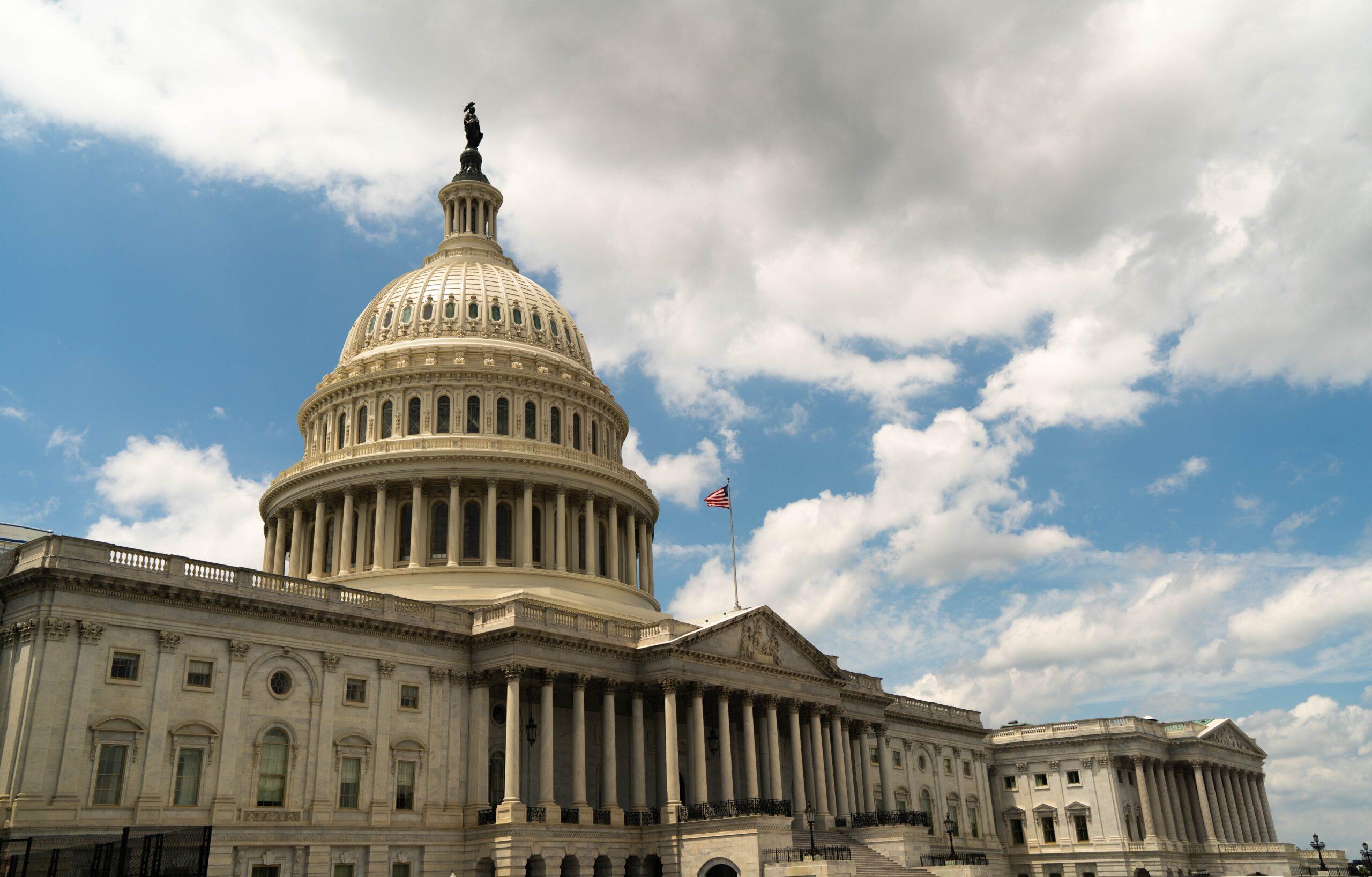Workplace Drug Testing Laws and Regulations: State Laws
Note: This article is provided for educational purposes only and should not be relied upon as legal advice. The reader retains full responsibility to ensure compliance with all applicable laws relative to drug testing.
The opioid crisis and legalization of marijuana have flooded the newswires with information on the cost of drug use and the complications it causes, both personally and professionally. It has also led to questions and confusion – for example, who regulates employee drug testing? The answer is not always black and white but understanding each of the different types of laws and regulations that apply helps make it easier.
Employee drug testing is generally presumed to be lawful unless there is a specific restriction in a state or federal law. This article will emphasize some of the state requirements and how they apply to workplace drug testing.
Many states have laws that regulate workplace drug testing and although state law is applicable only in that specific state, many employers operate in multiple states and therefore need to comply with the laws in all the states in which they do business. All state laws vary and there is no “one size fits all” rule that applies throughout the country. State law applies to business entities, corporations, organizations, or employees based in and/or operating in that state.
Before delving into each state and their specific laws it is critical for employers to understand the different types of state laws and how they affect testing programs. Employers who understand the requirements of state laws benefit by having a successful workplace drug testing program in addition to protections afforded by compliance with state laws. The following are different types of state laws and how they might affect your workplace drug testing program.
Mandatory Requirements
There are mandatory testing requirements that must be followed as required by a law or a rule for the city or state that has the statute or ordinance governing drug and/or alcohol testing. It must be followed by employers to comply with statutory testing requirements. Employers who test in states with “mandatory” laws are required to follow the state’s specific requirements noting, however, that some cities have their own specific laws (e.g., Boulder, CO and San Francisco, CA) and other mandatory state laws apply only to specific industries operating within that state (e.g., West Virginia Mining Industry).
Workers’ Compensation Premium Reduction Requirements
There are states that offer a discount on workers’ compensation premiums under the state’s workers’ compensation law. Employers may voluntarily comply with this statute to receive discounts offered by the state. Some states have specific testing requirements that must be followed to qualify for this benefit while others simply provide training and education but do not specifically dictate testing.
Workers’ Compensation/Unemployment Compensation Denial Requirements
Most states offer employers the ability to deny or reduce claims benefits to employees. In circumstances where an employee is injured and it is determined that drug use was a contributing factor to the injury, employers may deny workers’ compensation benefits. Similarly, employees who are discharged due to drug abuse in the workplace may be denied unemployment benefits. There may be specific testing requirements that must be followed to qualify for this benefit. Employers are not required to comply unless they wish to deny or reduce claims benefits to employees.
Limited Protection Requirements
There are a handful of states that have laws that offer benefits or protections to employers regarding drug and alcohol testing (e.g., rebuttable presumption that a test result is valid, limitation on actions for defamation or false positives, etc.). There may be specific testing requirements that must be followed to qualify for this benefit. Employers are not required to comply with the statute unless they wish to receive these benefits.
Marijuana Requirements
Many states have legalized marijuana, and that number continues to grow. Marijuana laws may require certain requirements as part of workplace testing and hiring decisions. Employers with testing programs in states with medical marijuana laws must follow state specific requirements. There are also states that have legalized recreational marijuana. In these states, recreational use and its impact on the workplace varies and will continue to be refined in case law.
Case Law
Case law is law established by judicial decisions in cases as distinguished from law created by legislation.
There are many case laws that impact workplace drug testing. Whether there is an existing law, or no law established, a judge can interpret the law, which can be called precedent. Several states have case law in place of mandatory law, California is one of them, and for employers in those states, it is critical that they understand case law and how it will apply to them as they develop their policies.
Legal Liability (POCT)
With the ease of point-of-collection testing (POCT) comes the precedent of legal liability. When collecting a rapid result urine sample, an employer must perform as the laboratory does in certain states (e.g., New York). This includes ensuring the sample was properly collected according to state/federal regulations, running the instant urine assay correctly, interpreting the test result, and ensuring a quality assurance and quality control program to safeguard the integrity of the devices used and the procedures followed. The outcomes of the test result may involve subsequent disciplinary action. The legal liability for a POCT is much greater than collecting a specimen and sending it off to a lab for analysis. There are far more processes open to potential error and mishandling.
Conclusion
For some employers, there may be no specific drug testing requirements to implement as part of the testing program. However, laws change, and it is important to keep track of the laws that may affect your program. On the other hand, some employers may be required to follow multiple laws and must understand how they all come together. In all cases, it is essential that employers understand the nuances of the different laws that apply to their workplace. Before proceeding with a workplace testing program, check for laws that might apply to you.
© 2010-2023 The Current Consulting Group, LLC – No portion of this article may be reproduced, retransmitted, posted on a website, or used in any manner without the written consent of the Current Consulting Group, LLC. When permission is granted to reproduce this article in any way, full attribution to the author and copyright holder is required.



